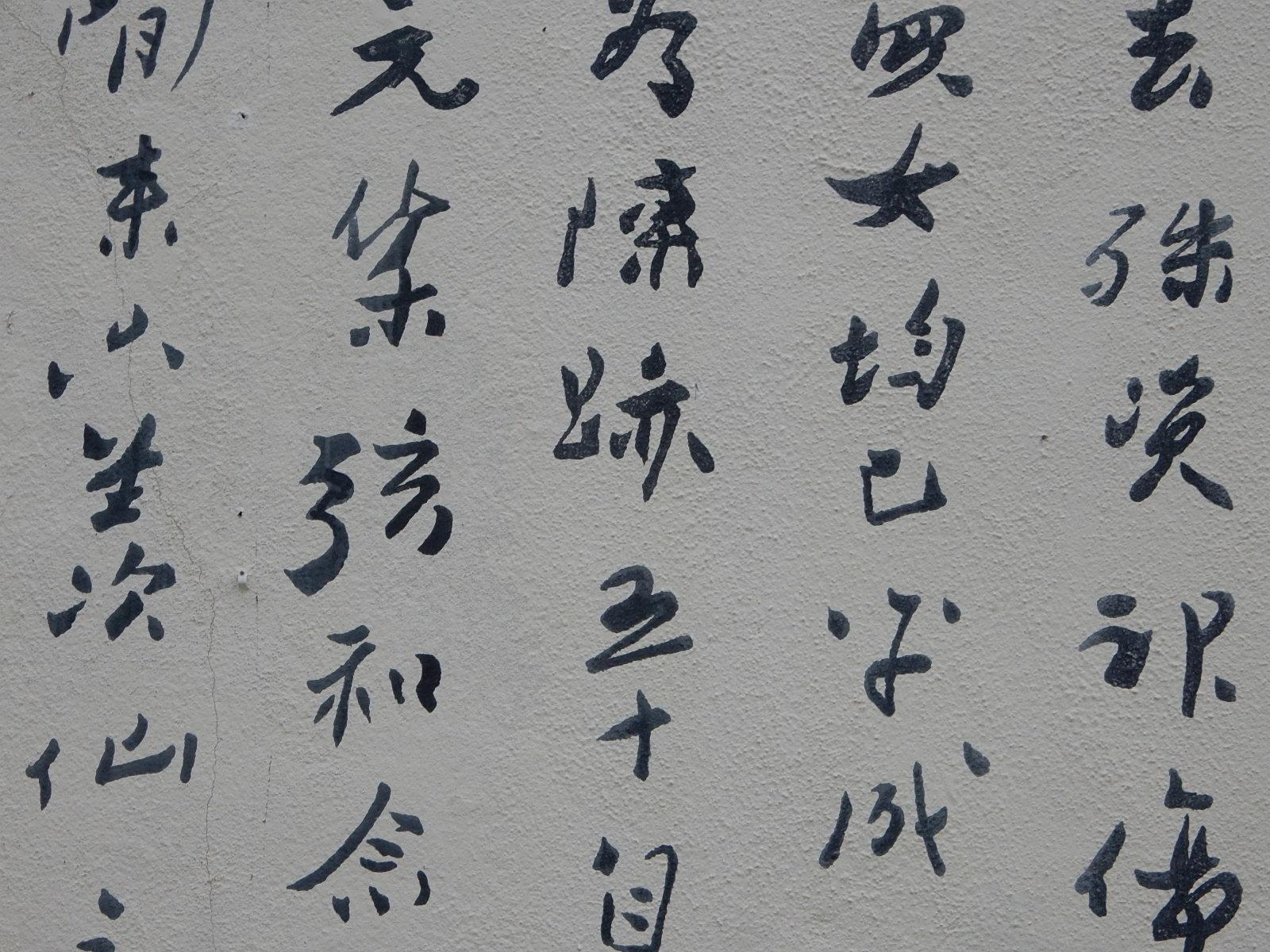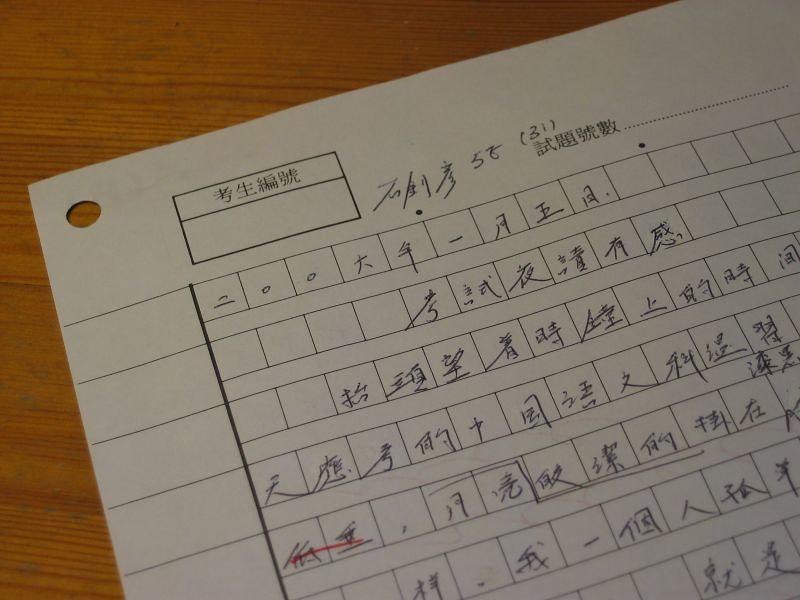Cantonese and Mandarin are two popular parts of the Chinese language. If you intend to learn Chinese, knowing their core differences is important.
Cantonese vs. Mandarin: Which is the more suitable language? How are they different? What similarities do these two languages share?
I will discuss the origins and in-depth aspects of these two languages to give you a detailed comparison. Now let’s first discover Cantonese and Mandarin!
What is Mandarin?
Mandarin is the official language of the China Republic. Most dwellers living in big cities use this language to communicate and write. Plus, the local dialects of Mandarin are also popular in all regions of China, especially Beijing.
The origin of Mandarin dates back to the 14th century in the Yuan Dynasty. Mandarin later became the national language.
What is Cantonese?
The scale and popularity of Cantonese are much lower than Mandarin. There are only 100 million people who use this language in Southern China. Most of them live in Guangdong Province and Guangxi Province.
Throughout history, Cantonese has become a very popular language for people living outside the country. There are many foreign communities (Chinese) that use Cantonese as their primary language.

Cantonese vs. Mandarin
Mandarin and Cantonese are two distinct languages with their own systems of pronunciation and tones. Each language also possesses unique idioms, slang, and vocabulary.
Yet, the grammatical principle and script for Mandarin and Cantonese are nearly identical. For these reasons, people using the two languages can communicate with each other, but it may lead to many misunderstandings.
|
Features |
Mandarin |
Cantonese |
|---|---|---|
|
Number of users |
920 million |
100 million |
|
Popular in |
China, Singapore, Taiwan |
Hong Kong, Guangdong Province, and Macao |
|
Time of origin |
the 14th century |
220 AD |
|
Pronunciation |
Different |
Different |
|
Vocabulary |
50% identical |
50% identical |
|
Grammar |
Almost the same |
Almost the same |
|
Written form |
Standard |
Formal and informal |
|
Colloquialism |
Prioritizes idiomatic expressions |
Colorful and rich |
1. Pronunciation
You can learn all two languages to communicate with Chinese people. A person who is fluent in Mandarin can speak with a Cantonese user easily.
There may be some misunderstandings during the process. If you are good at Cantonese, you will understand a Mandarin speaker to some extent.
Yet, the pronunciation of the Mandarin language is much simpler as it involves only four tones. Meanwhile, the number for the Cantonese language is six.
2. Characters
Both the Cantonese and Mandarin languages are variations of the ancient Chinese language. Thus, they use similar characters and writing methods.
However, the characters of Mandarin are much more simplified and easier to learn. Meanwhile, the Cantonese language sticks to the original characters.
If you are used to Cantonese characters, you can read and use Mandarin characters quickly. However, you may struggle in using Cantonese even when you are fluent in Mandarin.

3. Grammar and Vocabulary
There isn’t much difference in the grammar structures and principles of the two languages. Yet, Mandarin can change depending on the emotional meanings.
Meanwhile, Cantonese features a logical and stricter grammatical pattern. Yet, you should have a deeper understanding of Chinese to use Cantonese effectively because of its more complex idiomatic expressions.
Regarding vocabulary, there are some significant differences between Cantonese and Mandarin. You use the word “néih hóu” to say hello in Cantonese, while the word changes to (nǐ hǎo) in Mandarin.
Besides, there are numerous other words with different characters and pronunciations in Cantonese and Mandarin.
4. Colloquialism
Both Mandarin and Cantonese involve a lot of idioms and islands, and there are many identical slangs between the two. Yet, each language possesses some unique idioms that cannot be found in the other one.
5. Famous Dialects
Regarding the dialects, Mandarin is much more popular across China and countries like Taiwan or Singapore. Meanwhile, Cantonese is generally used in Hong Kong and Macau, plus smaller regions like Guangdong.
6. Writing System
Unlike the English language, both Cantonese and Mandarin don’t use the standard alphabetical writing system. They involve characters that depict abstract ideas or physical things.
The writing script of the two languages may be similar, but you can still spot some differences. The way you say and write a word in Mandarin is the same.
Meanwhile, the words in Cantonese may sound very different from how they are spoken. This trait makes Mandarin much trickier to learn than its counterpart.

Cantonese vs Mandarin – Which Should You Learn?
Based on the given comparison points, I would recommend Mandarin for Chinese learners. Suppose you want to learn Chinese to speak to native dwellers or travel in this country. Then, Mandarin is the best option.
The first reason is that Mandarin is widely spoken and much more popular than Cantonese. If you are fluent in Mandarin, you can easily communicate with people from all regions of China.
In addition, Mandarin is much easier to speak and use than its counterpart. There are fewer tones and variations to use. Plus, you don’t have to try to sound like a native Chinese speaker when using this language.
Besides, Mandarin involves mainly simple characters, making it easier to write and read. Plus, Mandarin has become a standard language in China. Whether it’s school or workplaces, most people will use this language.
Lastly, there are more information sources written in Mandarin. Therefore, it will help you a lot in your language-learning process.
Plus, learning Mandarin first gives you the foundational knowledge to learn Cantonese later. Therefore, Mandarin is the most suitable language for new Chinese learners.
Final Thoughts
To sum up, you can use Mandarin and Cantonese to communicate with Chinese people and travel around this country. Each language possesses its own grammar, traits, and beauty.
Yet, Mandarin is undeniably the most suitable language for beginners to learn. It is simpler and more popular than Cantonese. I hope that you can make a decision after reading this post. Thank you for reading!

